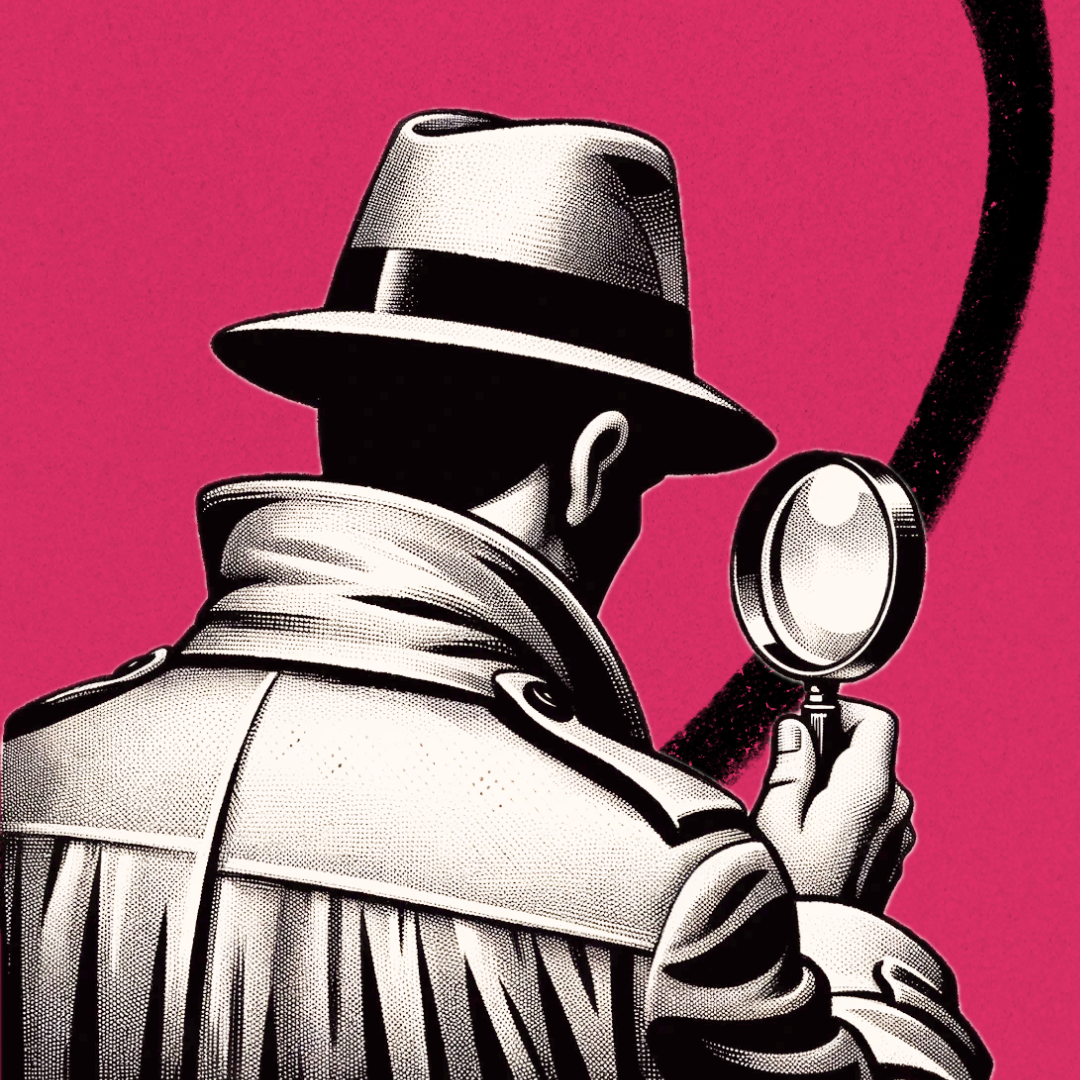
The world is littered with lessons that can teach you anything you want to know. Want to become a great writer? The books you love are your best teachers. Want to become a great founder? The products you love are teachers, too. The problem is: They are silent. Their lessons are locked up in their form and structure.
ChatGPT and other AI tools can unlock these lessons, turning you into a master of any domain you care about. That’s what this piece—the first in a three-part series about memetic analysis by prompt engineer Michael Taylor—will teach you how to do. I use its techniques daily. —Dan Shipper
What separates a beginner from an expert? They’ve “seen it all before.” When they encounter a problem, they intuitively know what to do. When an expert is faced with a specific challenge, they quickly and subconsciously sift through relevant experiences to match past situations with current ones until they find what feels “right.”
Beginners come at problems from a very different place. They have to. Without the benefit of experience, they can’t rely on intuition, and must make decisions slowly and deliberately in order to arrive at the correct one.
The Dreyfus model for skill development says that the first step to go from novice to expert is to identify and apply many recipes or templates for accomplishing a task. Eventually, through research and analysis, they can build intuition about what recipe will help solve a problem, and how to improvise or combine recipes to create their own. They can develop expertise.
But that takes time—or at least it used to before AI. ChatGPT’s ability to help you summarize and analyze is like a superpower to beginners, who haven’t had time to build expertise in an area. I’ll help you learn how to use this superpower, from figuring out what people care about when you’re pitching them to finding best-selling titles for your article or book.
Become an expert overnight
The Only Subscription
You Need to
Stay at the
Edge of AI
The essential toolkit for those shaping the future
"This might be the best value you
can get from an AI subscription."
- Jay S.
Join 100,000+ leaders, builders, and innovators

Email address
Already have an account? Sign in
What is included in a subscription?
Daily insights from AI pioneers + early access to powerful AI tools





